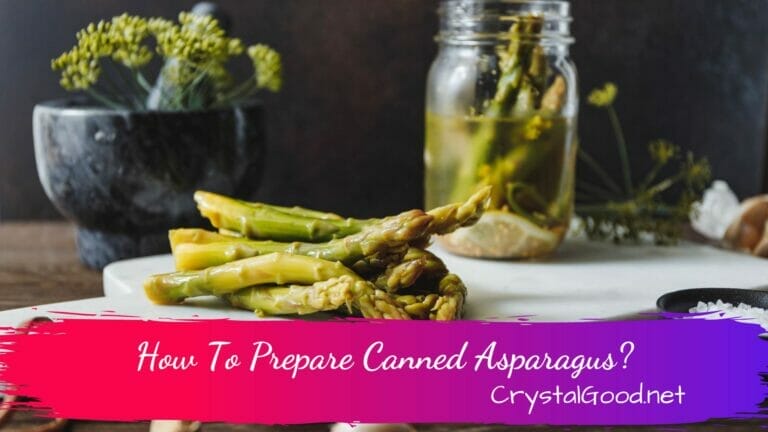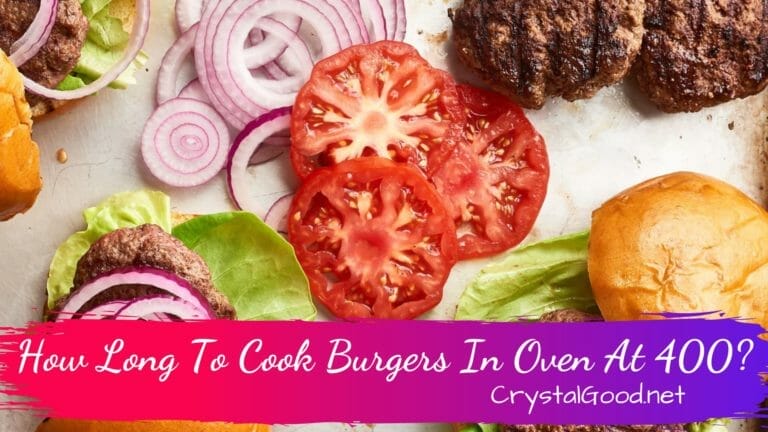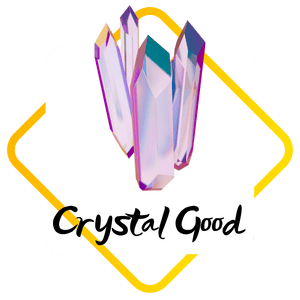We all love our caffeine, but sometimes we want the delicious taste of espresso without the caffeine. Is it possible to get a decaf espresso that still has a lot of flavor? Let’s take a look at how much caffeine is in decaf espresso and find out!

How much caffeine can I drink per day?
Contents
- 1 How much caffeine can I drink per day?
- 2 Can pregnant women consume caffeine?
- 3 How do you make decaf espresso?
- 4 Is decaf espresso healthier than regular espresso?
- 5 What are the benefits of drinking decaf espresso?
- 6 Is decaf espresso as strong as regular espresso?
- 7 How Much Caffeine In Decaf Espresso?
- 8 Watch How Much Caffeine In Decaf Espresso Video:
- 9 Conclusion:
Generally speaking, you should limit your intake of decaf coffee to four cups per day. However, you should check with your doctor before you make any changes. You may also need to reduce your caffeine intake if you are pregnant.
In general, caffeine is a stimulant that boosts your alertness, energy, and mood. It also reduces fatigue and improves memory. However, it can also lead to other health concerns. The American College of Obstetricians and Gynecologists recommends that pregnant women consume only 200 mg of caffeine daily.
Caffeine levels can vary widely from brand to brand, as well as from type of coffee beans used. Decaf coffee contains between 2 and 12 milligrams of caffeine per cup.
The amount of caffeine in decaf coffee can be affected by the brew method used. Some decaf coffees contain only traces of caffeine.
Caffeine can be found in many foods, such as chocolate, coffee, tea, and breakfast cereals. It is not recommended for children. However, moderate consumption can be part of a healthy diet for most adults.
Can pregnant women consume caffeine?
Having a caffeine buzz can be fun, but it’s not necessarily a good idea to drink it while pregnant. Caffeine may cause some pregnancy problems, including heartburn, frequent urination, and insomnia. Some women even choose to skip the coffee altogether during their pregnancy.
Some studies have shown that drinking decaf coffee while pregnant may have benefits, including lowering the risk of gestational diabetes. However, some studies have shown that high levels of caffeine can be harmful to the fetus.
Caffeine has also been found in amniotic fluid, and has been linked to a lower birth weight. The American College of Obstetricians and Gynecologists (ACOG) recommends women limit their caffeine intake to no more than 200 milligrams a day.
While coffee is not the only source of caffeine, some sources, such as tea, are considered safer for pregnant women. However, caffeine is also present in sodas, energy drinks, and chocolate.
If you are pregnant, you should also drink plenty of water. Caffeine can make you dehydrated, which is not a good thing for a growing baby. If you are concerned about caffeine during pregnancy, you may want to consider drinking herbal teas or non-dairy milk alternatives. These beverages can provide a host of nutrients and vitamins.
How do you make decaf espresso?
Whether you need a caffeine boost or just want to cut down on your caffeine intake, decaf espresso can be a great option. It’s less intense than regular espresso and it has many of the same health benefits.
Espresso is a coffee beverage that’s made by brewing water through finely ground coffee. It’s usually made with Arabica beans. Arabica beans are known for their sweeter flavor. However, the beans used for espresso are roasted in a specific way that produces a delicious brew.
Decaf espresso can be made with a number of different brewing methods. The most common method is called the Swiss Water process. This method involves a chemical-free process that uses water to remove most of the caffeine from the coffee.
Other methods include the Sugar Cane Process and Mountain Water. Regardless of which method you use, it is important to use high quality beans for the best results.
You can find decaf espresso beans in most coffee shops. You can also buy them online from reputable roasters. However, the best-tasting decaf coffee comes from roasters who roast the beans to order.
Is decaf espresso healthier than regular espresso?
Regardless of whether or not you drink regular or decaf espresso, there are many benefits to drinking this beverage. It contains antioxidants, and caffeine, which can protect your body against disease.
The antioxidants in regular coffee can lower your risk of liver and heart disease. They also help you fight free radicals in your body. Having a good amount of antioxidants in your diet can also help you avoid cancer.
If you’re worried about the negative effects of caffeine, it’s best to consult with your doctor. They can advise you on how much caffeine is safe to consume and can recommend a diet with less caffeine. You might also need to reduce your caffeine intake if you’re experiencing a health condition such as anxiety.
Caffeine is a stimulant that can increase your concentration and improve your energy levels. However, too much caffeine can lead to high blood pressure and jitteriness. In fact, some studies show that caffeine is linked to cardiovascular diseases and liver cirrhosis.
If you’re concerned about the effects of caffeine, you might want to consider switching to decaf. It can provide the same benefits of regular coffee, but with fewer side effects.
What are the benefits of drinking decaf espresso?
Besides its great taste, there are many benefits of drinking decaf espresso. It can help improve your heart health, help with insomnia, and reduce your risk of diabetes and heart disease. It also has antioxidants that can help you prevent cancer.
It is important to drink coffee in moderation, however. Too much caffeine can have negative effects on the body. It may cause nausea, headaches, and upset stomach. Caffeine is also a stimulant that can interfere with sleep.
Coffee has also been linked to reducing the risk of cancer and heart disease. This is because of the antioxidants it contains. These antioxidants can reduce inflammation and help the body fight illness. They also protect the body from free radicals, which can cause cancer.
Coffee is also great for the liver. Studies show that drinking coffee can decrease the amount of liver enzymes and protect the liver. The antioxidants found in coffee can also protect against neurodegenerative diseases.
Coffee is also beneficial for individuals who experience anxiety and depression. It has Vitamin B-3, or niacin, which can lower anxiety and stress.
Is decaf espresso as strong as regular espresso?
Unlike traditional espresso, decaf espresso does not contain a lot of caffeine, which is a good thing if you are sensitive to caffeine. This is especially true if you suffer from a mental health condition or a stomach problem. It’s also a good choice if you want to avoid the side effects of caffeine, such as anxiety and jitters.
The amount of caffeine in decaf espresso varies depending on the brewing method and the type of beans used. For example, a cup of hot brew decaf contains between 6mg and 6.6mg of caffeine.
A decaf shot, on the other hand, contains just a few milligrams of caffeine. It’s also worth noting that espresso, even decaf, can boost your energy and mood.
Some studies have shown that decaf espresso does not raise cortisol, a hormone associated with stress. However, it’s important to note that you still need to speak to your doctor if you’re concerned about your health.
Another reason you should opt for decaf is if you’re pregnant. Caffeine can be harmful to pregnant women.
How Much Caffeine In Decaf Espresso?
Depending on the type of coffee, the caffeine content in decaf may vary. However, the average cup of decaf coffee contains around seven milligrams of caffeine.
If you’re a caffeine addict, you might be tempted to drink decaf coffee to avoid the jitters that come with caffeine. However, if you’re pregnant, or if you have a medical condition that requires a caffeine-restricted diet, then you should be aware of how much caffeine is in decaf.
Caffeine is a natural stimulant that is found in plants, including coffee, cacao, and tea. Caffeine boosts your alertness and energy levels, but it can also cause side effects such as nervousness, headaches, heartburn, and insomnia.
The caffeine content in decaf coffee can range from 2 to 12 milligrams per 8-ounce cup. It can also vary depending on the type of beans used in the decaf and the brewing method.
The caffeine content in decaf coffee may also be higher if it’s prepared using Robusta beans. These beans contain twice as much caffeine as Arabica. In fact, Robusta coffee is more bitter than Arabica coffee.
Watch How Much Caffeine In Decaf Espresso Video:
Looking for a caffeine fix but trying to avoid all the negatives effects of coffee? Check out this video on how much caffeine is in decaf espresso. Spoiler alert: it still has some! So if you’re looking for an alternative to regular espresso, decaf might not be the best option. But either way, this video is a great way to get your daily dose of caffeine.
Conclusion:
Among the countless coffee drinks on offer, how much caffeine does decaf espresso offer? It may not be the world’s finest coffee, but it does have one major benefit: a higher caffeine content per ounce, compared to regular java. It is also worth noting that decaf coffee offers the benefit of lower LDL cholesterol levels, a boon for those of us trying to ward off heart disease. A hefty dose of caffeine can also lead to a bout of the jitters, not to mention a short fuse, if you’re not careful. A side benefit of caffeine is that it can be enjoyed by the sexes in equal measure, a boon for the office or the gym.
Of course, the best way to decipher the caffeine content of a cup of joe is to know what to look for. You can find the caffeine content in a coffee cup by examining the grind and pressure levels in the coffee container. The highest concentration of caffeine is in the espresso brew, and lower levels can be found in the robusto variety. Moreover, the caffeine content is largely dependent upon the type of bean used.













